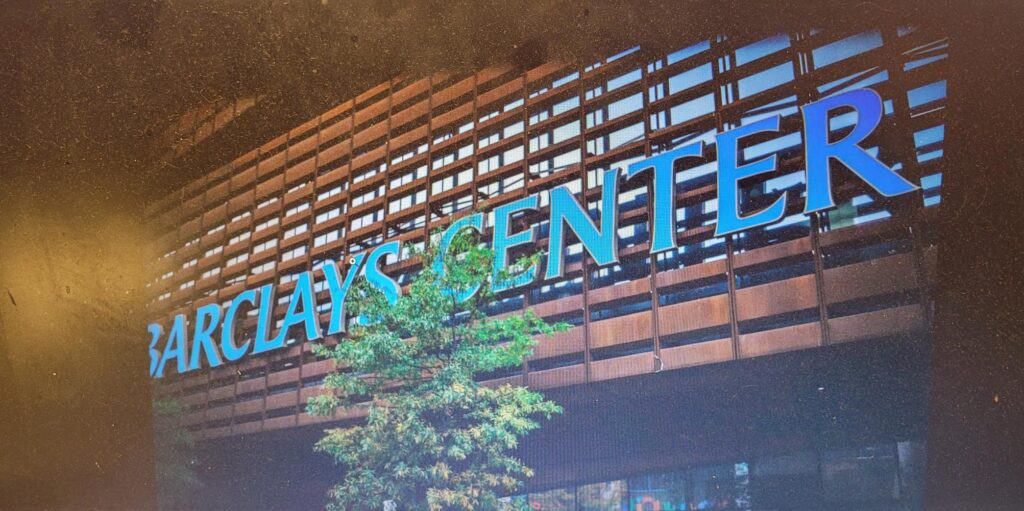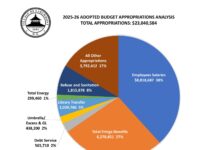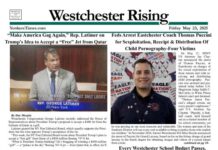
The climate of sports betting is constantly evolving in the US. Back in 1992, the NCAA successfully led a charge to ban sports betting on a national level. Afterward, only select retail locations in places like Las Vegas were allowed to accept wagers. Fast-forward to 2018, and all that changed.
New Jersey State appealed to the federal courts and, after years of legal battling, the Supreme Court eventually repealed the ban on sports betting. New Jersey and Pennsylvania were two of the earliest players, launching online and in-person betting markets throughout the state that same year. Brands like OddsChecker helped introduce bettors to quality brands—many of which are still offering free bet and welcome deals.
But not all states were so eager to get in on the action. After all, launching a betting market takes time and consideration. Along with gauging public interest, lawmakers also have to create gaming regulations and decide how to tax betting revenue. As one of the US’s most populous states and home to its most densely populated city, New York couldn’t leap into the action.
But in January 2022, New York State finally launched its online and in-person betting markets. Let’s take a look back at this first year of wagering, along with some of the state’s most intriguing pro sports stories.
New York State Rakes in $909 Million in Tax Revenue
New York State’s first year regulating an online and in-person betting market has shattered records in the US. In mid-January, Governor Kathy Hochul announced that the state saw more than $16 billion wagered from January 2022 to January 2023. From that total, New York walked away with $909 million in tax revenue.
For context, New Jersey’s betting market launched in 2018 and notched over $1 billion in tax revenue three years later in 2021. In Pennsylvania’s first year (2019), the state brought in around $184 million in tax revenue. So, why did New York’s revenue topple both? Does it simply come down to population?
In reality, New York took a very conservative approach to betting. It taxes earnings from sportsbooks at a rate of 50%. In New Jersey, that number is much, much lower at 15%.
Pennsylvania taxes at a rate of 36%, but lack a metropolis like NYC or a casino destination like Atlantic City.
Bills At the Top of the Pack; Jets & Giants Finally Improving
There’s one great reason that New Yorkers paid more attention to sports betting than in neighboring states: they have more teams to cheer on. There are eleven major league teams across the NBA, NFL, MLB, and NHL. And the Buffalo Bills have been one of the NFL’s top contenders in recent years.
Even the New York Giants and the New York Jets, both serving the tri-state area around NYC, are slowly starting to show signs of improvement after years of struggling. In other words, football fans, in particular, have had reasons to show interest in betting—possibly on the Jets making it to the playoffs or even the Bills taking their first Super Bowl in recent years.
Nets Still Can’t Capitalize in Brooklyn

The NBA has also seen added attention from sportsbooks—particularly those based in the NYC area. That’s because the Brooklyn Nets and New York Knicks are both some of the league’s most promising teams. While the Knicks are showing signs of a comeback after over a decade of struggling, the Nets are experiencing a major failure to launch.
Back in 2012, the Brooklyn Nets moved into Downtown Brooklyn’s brand-new Barclays Center. It was a massive project and marked the first time a team had returned to the borough since the MLB left in 1957. Unsurprisingly, there’s been major hype around the team—especially with their lineup over the last years, which has included names like James Harden, Kevin Durant, Blake Griffin, and Kyrie Irving.
But despite a brand-new home court and a lineup that includes some of the league’s top stars, the Nets haven’t managed to compete meaningfully in the playoffs. Still, the intrigue surrounding the team has made it a popular subject for bettors around the state, who are dying to predict whether the Nets will finally find their pace.





